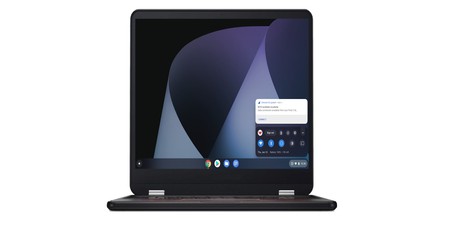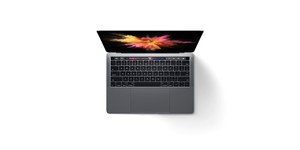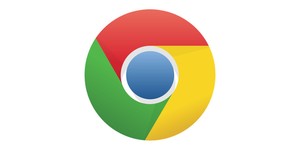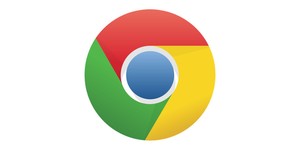
Google has announced that it is extending its Instant Tethering feature, which makes it easier to use a Chromebook away from a Wi-Fi connection, to more devices, in an effort to boost sales of the laptops to those with third-party Android handsets.
Announced nearly a decade ago, Google's Chrome OS combines the Linux kernel with the Chrome web browser in an attempt to build an operating system which is more secure, lighter weight, and more responsive than traditional systems. Based on the concept of running web apps, rather than local software, Chrome OS started life on low-end, low-cost devices before the ability to run native applications, including those originally written for Android, saw it migrate to ever-higher-end hardware.
Even today, though, a Chrome OS laptop - known as a Chromebook - is of most use when it's connected to the internet, which poses a problem: What do Chromebook owners do if they're not near a suitable Wi-Fi hotspot?
For those with generous data allowances on their mobile phones, the answer is simple: Tethering. Realising that this was a popular option, Google introduced Instant Tethering: When a compatible Chromebook detects a loss of Wi-Fi connectivity and can't find a new hotspot, a prompt allows the user to immediately connect to their phone. Where previously this one-click functionality was restricted to selected Google Pixelbook and Pixelslate Chromebooks connecting to Google Pixel and Nexus smartphones, the company has now announced it is bringing it to a wider audience.
'Starting today, Instant Tethering is available on more Chromebooks—this means that you can connect to the internet via a paired Android phone’s cellular network connection, as long as tethering is enabled on your mobile data plan. Before today, Instant Tethering was available on only a few devices, including Pixelbooks and Pixel Slates paired with either Pixel or Nexus phones. But now, Instant Tethering is available on 15 additional Chromebook models and over 30 cell phone models,' explains Google's Jesse Johnston, 'and we'll be bringing Instant Tethering to even more Chromebook and phones in the coming months. This is our latest feature that allows Chromebooks to work better together with Android devices.'
Google's move comes as Chrome OS continues its ten-year struggle to gain market share: According to Net Market Share's measurements Chrome OS has had around 0.3 percent of the desktop operating system market for the past year, putting it well behind traditional Linux systems at 2.14 percent, Apple's macOS at 9.68 percent, and Microsoft's platform-dominating Windows at 87.56 percent.
More information on Instant Tethering compatibility is available on the official website.

MSI MPG Velox 100R Chassis Review
October 14 2021 | 15:04








Want to comment? Please log in.